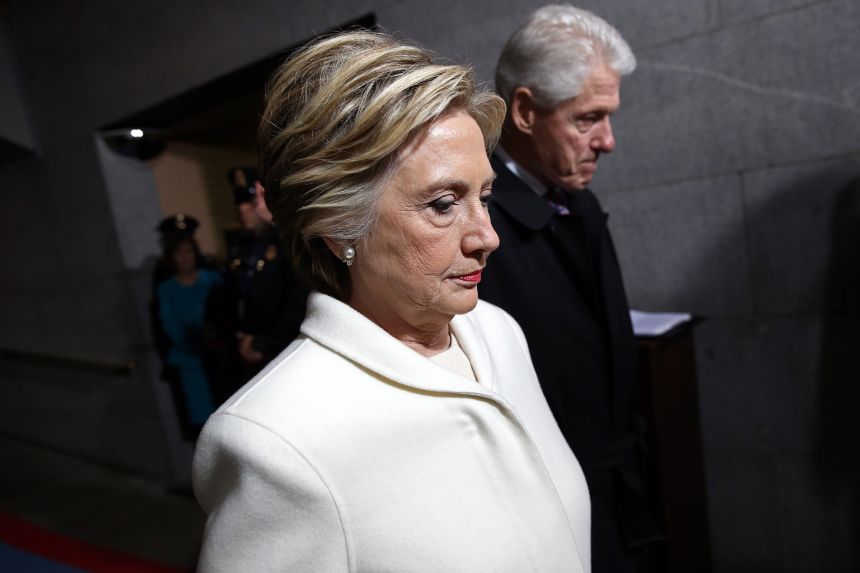A recent ruling by the Alabama Supreme Court, categorizing frozen embryos as children and asserting potential liability for their accidental destruction, has triggered a new dimension in the ongoing reproductive medicine debate in the United States.
Alabama’s largest hospital has taken a significant step by temporarily suspending its in-vitro fertilization (IVF) services due to concerns about possible criminal prosecution. The University of Alabama at Birmingham health system clarified that while it would continue the process of retrieving eggs from women’s ovaries, the subsequent stage of IVF, involving fertilization and implantation, would be halted.
Expressing regret over the impact on patients’ attempts to conceive through IVF, the state’s primary medical provider stated, “We are saddened that this will impact our patients’ attempt to have a baby through IVF. But we must evaluate the potential that our patients and our physicians could be prosecuted criminally or face punitive damages for following the standard of care for IVF treatments.”
The recent ruling by the Alabama Supreme Court, declaring frozen embryos as “children” and potentially holding individuals liable for their accidental destruction, has prompted concerns among medical experts and reproductive advocacy groups who fear negative consequences for fertility treatments, not only in Alabama but across the nation.
While conservative groups welcomed the decision, asserting that even the smallest embryos deserve legal protection, the origins of the lawsuit lie in a wrongful death claim filed by three couples whose embryos were lost at a fertility clinic in 2020. An individual inadvertently entered the area where the embryos were stored, handled them, and unintentionally dropped them, resulting in their destruction.
The couples sought legal action under Alabama’s Wrongful Death of a Minor Act, which covers foetuses but had not explicitly addressed embryos from in-vitro fertilization (IVF). Initially, a lower court had ruled that the embryos did not qualify as persons or children, preventing the wrongful death lawsuit from proceeding. However, the Alabama Supreme Court overturned this decision, siding with the couples and deeming frozen embryos as “children.” The court emphasized that the wrongful death law applied to “all unborn children, regardless of their location.”
While the ruling does not prohibit or restrict IVF, it has raised concerns about potential legal implications for fertility patients in Alabama, leading the University of Alabama at Birmingham health system to temporarily pause certain IVF services, citing fears of criminal prosecution.
The recent decision may introduce uncertainty regarding the legality of certain aspects of in-vitro fertilization (IVF) under Alabama law, creating potential questions about the usage and storage of embryos if they are considered persons.
Elisabeth Smith, the director of state policy at the Center for Reproductive Rights, expressed concerns, stating, “Not all [IVF] embryos are used, nor can they be. To enact legislation granting legal personhood to embryos could have disastrous consequences for the use of IVF – a science many people rely on to build their families.”
This legal ambiguity may extend to patients, who might be apprehensive about the availability and legality of the IVF procedure. The Medical Association of the State of Alabama emphasized the broad impact of the decision, stating, “The significance of this decision impacts all Alabamians and will likely lead to fewer babies – children, grandchildren, nieces, nephews, and cousins – as fertility options become limited for those who want to have a family.”
The recent decision in Alabama intersects with the ongoing U.S. abortion debate, particularly in the aftermath of the 2022 Supreme Court ruling that dismantled the nationwide right to abortion. This decision granted states the authority to establish their own laws on abortion.
Post the Supreme Court decision, states under Democratic control have worked to expand abortion access, while those under Republican control have pursued restrictions. Alabama, which already imposes a comprehensive abortion ban throughout all stages of pregnancy, is among the states navigating this terrain.
The White House criticized the Alabama ruling, labeling it as “exactly the type of chaos that we expected when the Supreme Court overturned Roe v. Wade and paved the way for politicians to dictate some of the most personal decisions families can make.”
Abortion opponents are closely monitoring this ruling, recognizing that the legal definition of when an embryo or fetus is considered a person plays a pivotal role in various state abortion restrictions.



























